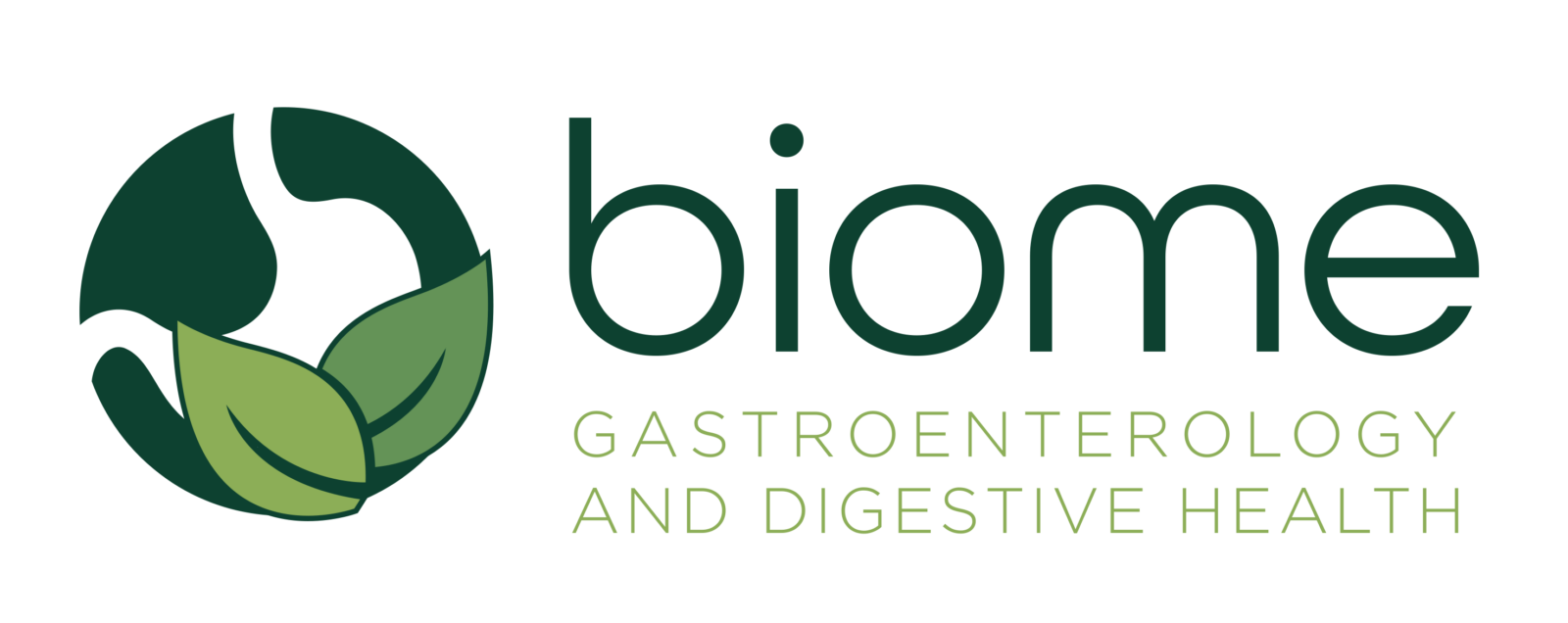Esophageal disorders, such as GERD, Barrett’s esophagus, achalasia, and esophageal cancer, are evaluated using advanced diagnostic tools like upper endoscopy, esophageal manometry, and pH monitoring. Dr. Kalani develops personalized treatment plans tailored to each patient’s needs, incorporating lifestyle modifications, medications, and, when necessary, advanced interventions such as dilation. His comprehensive approach ensures effective symptom relief and promotes long-term esophageal health.
GERD (Gastroesophageal Reflux Disease)
A chronic condition where stomach acid frequently flows back into the esophagus, causing heartburn, regurgitation, and potential damage to the esophageal lining.
Barrett’s Esophagus
A condition where long-term acid reflux causes the esophageal lining to change, increasing the risk of esophageal cancer.
Achalasia
A rare disorder where the esophagus has difficulty moving food into the stomach due to impaired muscle function or a tight lower esophageal sphincter diagnosed by manometry testing.
Esophageal Strictures
Narrowing of the esophagus caused by scarring from acid reflux, injury, or other conditions, leading to swallowing difficulties diagnosed and managed by upper endoscopy.
Esophageal Cancer
A serious condition involving malignant growths in the esophagus, often linked to Barrett’s esophagus or chronic GERD.
Esophageal Motility Disorders
Conditions like diffuse esophageal spasm, where abnormal muscle contractions cause swallowing issues or chest pain.
Eosinophilic Esophagitis (EoE)
A chronic immune-mediated condition where eosinophils (a type of white blood cell) build up in the esophagus, causing inflammation, difficulty swallowing, and food impaction.
Pre-Fundoplication Testing
Diagnostic tests, such as esophageal manometry and pH monitoring, performed before fundoplication surgery to confirm the diagnosis of GERD and assess esophageal function to ensure optimal surgical outcomes.







